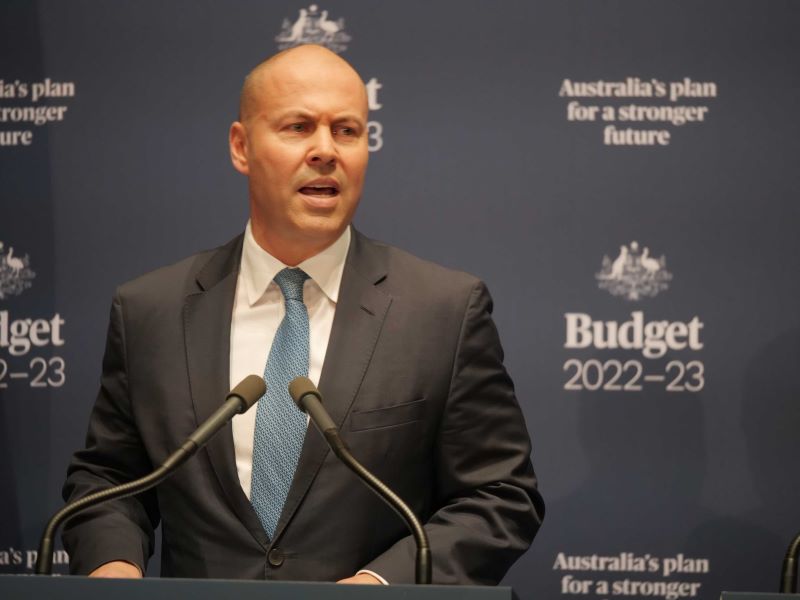The tech industry had few expectations of Treasurer Josh Frydenberg’s pre-election budget. With just weeks to go before heading to the polls, we have clearly moved on from pandemic-related “uncertain times” and arrived at an election-related “strangest of times”.
There was more in this budget across the policy areas that shape the innovation ecosystem than anyone was reasonably predicting – from a sovereign manufacturing boost and a brand-new national mission for the space sector, to tax incentives for small businesses to invest in digital tech, as well as a ton of cyber-dollars for the Australian Signals Directorate.
The “strangest of times” is framed not only by the federal election, but also by the strength of the post-pandemic recovery, the Ukraine war, falling unemployment, rising inflation, and the prospect of interest rates hikes in an economy awash with money.
With a backstory like that, anything was possible on budget night.

Budget measures focused on innovation-related industrial policy rarely make it into the speech. It is usually buried deep inside the gizzards of the budget documents. But Tuesday was different.
Sovereign manufacturing initiatives were prominent, with Mr Frydenberg highlighting “new funding to solve for vulnerabilities in our supply chain.
“New funding to drive collaboration between our universities, CSIRO and industry to rapidly commercialise new technologies in clean energy, medical supplies, defence and other high priority areas,” the Treasurer said.
“And a new patent box for the agricultural and low-emissions tech sectors. This will see income from new patents developed in Australia taxed at almost half the rate that applied to large companies,” he said.
Some 3.6 million small businesses will qualify for tax incentives to invest in digital technology, being able to claim $120 in deductions for every $100 spent on things like cloud computing, web design and cyber security. Same deductions can be made by small businesses investing in outside training.
With the small business sector employing some 7.8 million Australians, it is perhaps not so surprising they should be the focus of a pre-election Treasurer.
The civil space industry was a huge winner in this budget, with the creation of a shiny new National Space Mission for Earth Observation to be led by the Australian Space Agency. This is a $1.2 billion initiative, structured as a procurement program with the federal government the core customer in a program designed to build out the commercial space ecosystem in this country.
The government also announced a giant uplift in Australian cyber capabilities. This not entirely unexpected given the uncertainty in the world. But the scale of the investment surprised, with the Australian Signals Directorate its chief beneficiary.
“Tonight, I announce a new 10-year, $9.9 billion investment in Australia’s offensive and defensive cyber capabilities,” Mr Frydenberg said. “This is the biggest ever investment in Australia’s cyber preparedness.”
“Creating 1,900 jobs, more data analysts, computer programs, and software engineers to boost our capacity to prevent and respond to cyber threats.”
Other stories you can read in InnovationAus’ federal budget coverage include the Digital Transformation Agency getting a $6 million haircut as it shifts away from service delivery to a policy-shop.
The budget also confirms the long-anticipated end of funding to the Industry Growth Centre program. Money committed to the program has been shifted to the Industry department’s manufacturing programs.
Do you know more? Contact James Riley via Email.

